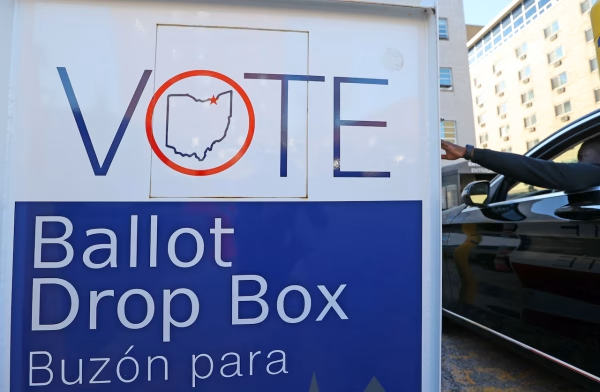Department of Justice Blocks South Carolina's Discriminatory Voter ID Law
Voter Suppression Law is Part of Nationwide Attack on the Right to Vote
FOR IMMEDIATE RELEASE
CONTACT: (212) 549-2666; media@aclu.org
WASHINGTON – The U.S. Department of Justice today blocked South Carolina’s discriminatory voter identification law from going into effect, helping ensure thousands of eligible voters will be able to exercise their right to vote.
“This misguided law would have prevented countless South Carolinians from exercising one of our most cherished and basic rights,” said Victoria Middleton, executive director of the ACLU of South Carolina. “It represented a dramatic setback to voting rights in our state and we are pleased to see it stopped in its tracks.”
Under Section 5 of the Voting Rights Act, states with a history of discriminatory voting laws – including South Carolina – must have changes to their laws approved, or precleared, by the Department of Justice (DOJ) or a federal district court. Today’s ruling prevents the state from enforcing the voter ID law.
“Today’s decision illustrates the importance of the Voting Rights Act for blocking discriminatory and unconstitutional voting laws,” said Katie O’Connor, staff attorney with the ACLU Voting Rights Project. “It sends a strong reminder about how effective the Voting Rights Act is for ensuring states do not implement voter suppression laws that will keep eligible citizens away from the polls.”
The law would have required voters to show a government-issued photo ID in order to cast a ballot. Thousands of voters – mostly the elderly, students, minorities and low-income voters – would have been disenfranchised as a result of the law.
The ACLU, along with the Lawyers’ Committee for Civil Rights Under Law, the Brennan Center for Justice, the League of Women Voters of South Carolina and Charleston attorney Armand Derfner, submitted two comment letters to DOJ opposing preclearance. The letters demonstrated that the law would have placed a greater burden on minority citizens than white citizens.
The ruling comes shortly after U.S. Attorney General Eric Holder emphasized the importance of enforcing the Voting Rights Act of 1965. In his Dec. 13 address, Holder condemned the recently passed voter suppression laws, including the one in South Carolina.
In addition to South Carolina, the ACLU has sent comment letters urging DOJ to block Texas’ voter ID law and filed a lawsuit against Wisconsin’s voter ID law earlier this month. The ACLU has also intervened in cases where states are challenging the constitutionality of the Voting Rights Act in North Carolina and Alabama. In both cases, federal district courts recently upheld the constitutionality of Section 5. The ACLU has also filed motions to intervene in similar cases in Arizona and Georgia.
To learn more about voter suppression, go to: https://www.aclu.org/voting-rights.


